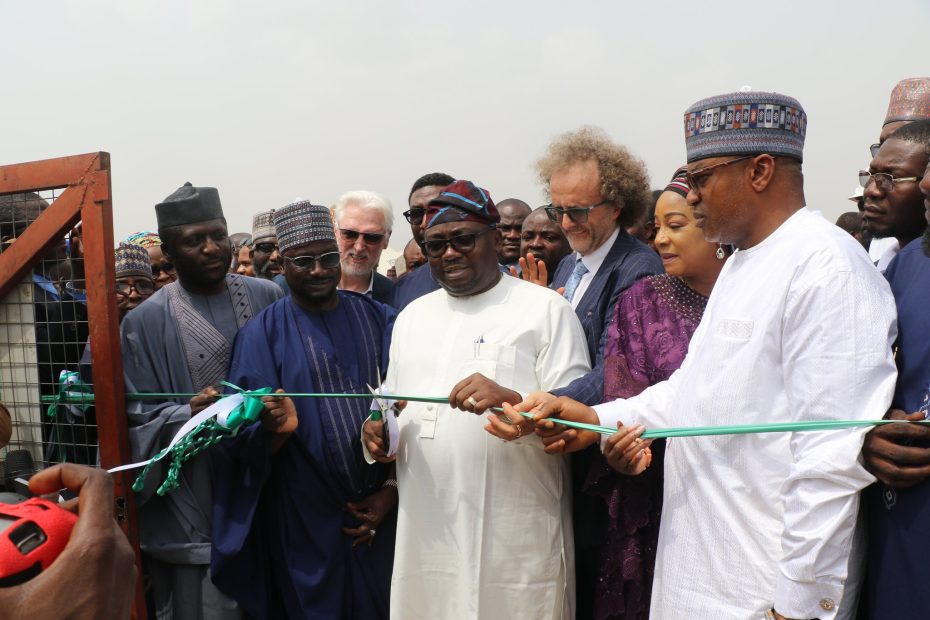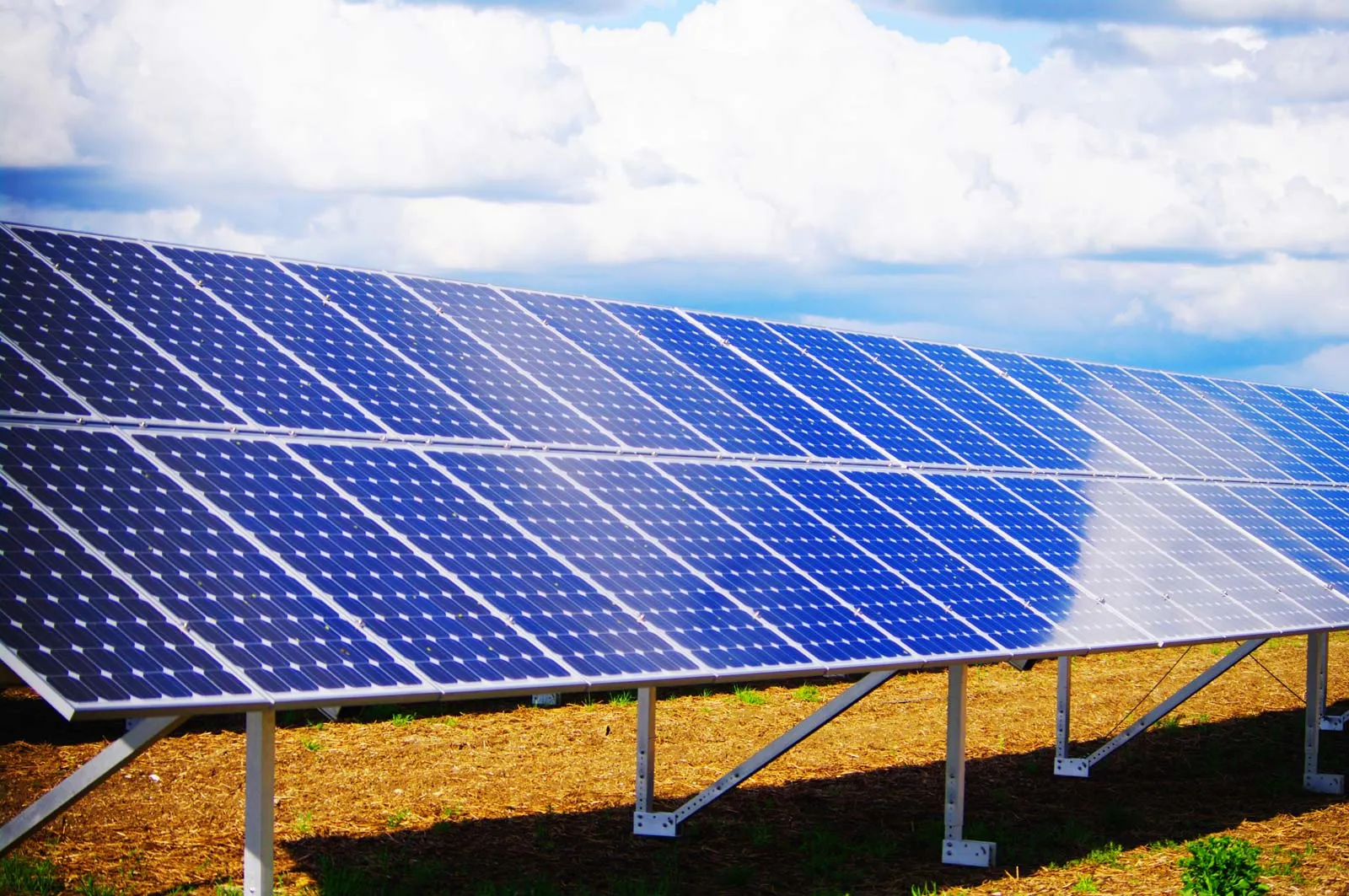Nigeria has launched a 990kW solar mini-grid in the Lambata community of Niger State, North-central Nigeria, aiming to provide electricity to 3,900 households. The initiative, which is part of the government’s broader efforts to enhance energy access in rural areas, was unveiled by the Minister of Power, Adebayo Adelabu.
Adelabu emphasised that the project aligns with President Bola Tinubu’s commitment to lighting up Nigeria’s rural communities through both grid and renewable energy solutions. He highlighted Nigeria’s active participation in the M3OO initiative during the recent Africa Energy Summit in Tanzania, reaffirming the country’s dedication to transforming the energy sector and ensuring energy security.
The project is the result of a successful collaboration between Nigeria, the German Government, the European Union (EU), and the German Corporation for International Cooperation (GIZ). Adelabu thanked these partners for their support and expressed his administration’s commitment to effective monitoring and delivery of funded projects.

The mini-grid is expected to have far-reaching benefits for the community, improving agricultural productivity, supporting local businesses, and enhancing healthcare and educational outcomes. By providing reliable and sustainable energy, the project aims to foster long-term development in the Lambata area. Adelabu also spoke about the need for further investments in renewable energy infrastructure, particularly in underserved regions.
This development is part of the Nigerian government’s broader strategy to decentralise energy generation and make use of the country’s vast renewable energy resources. The minister also commended Niger State, home to the country’s major hydropower plants, for its role in Nigeria’s power sector.
The commissioning ceremony was attended by key figures, including Johannes Lennes, the Deputy Ambassador of Germany to Nigeria, and Massive De Lucg, the Head of Cooperation of the EU Delegation to Nigeria and ECOWAS, along with officials from the Rural Electrification Agency (REA) and the Niger State Government.


 Trending
Trending 